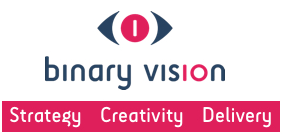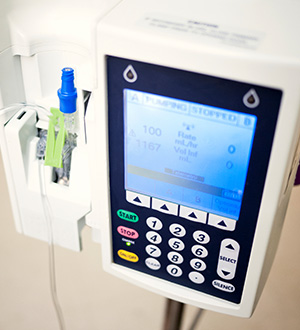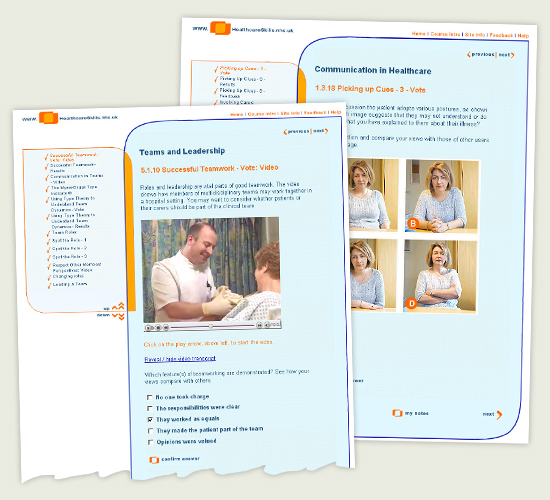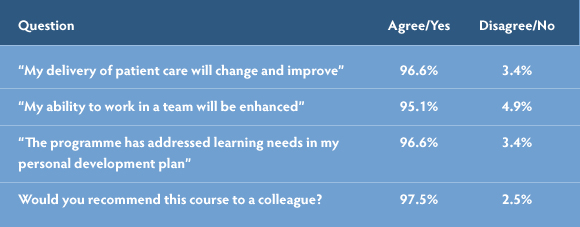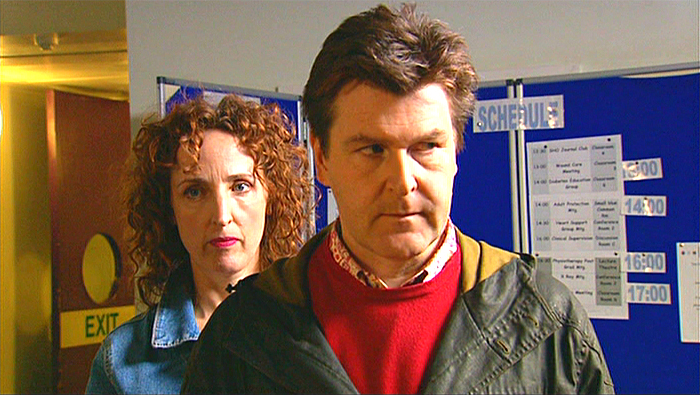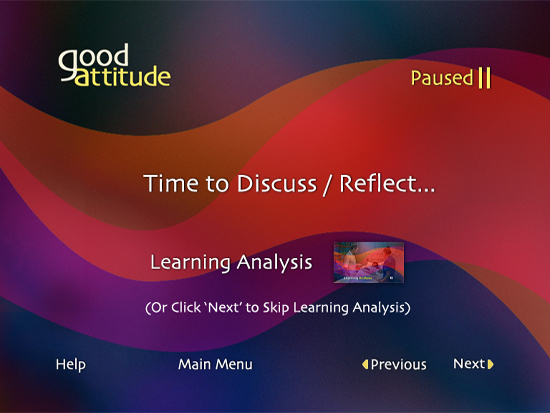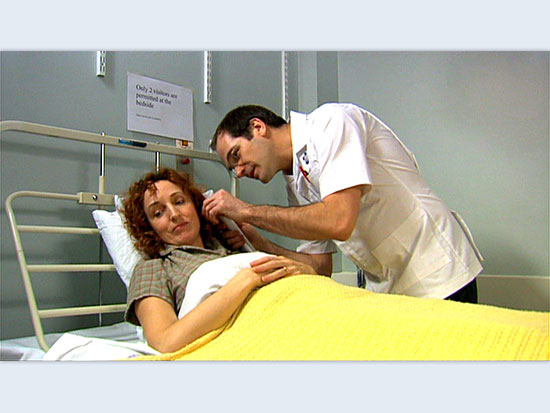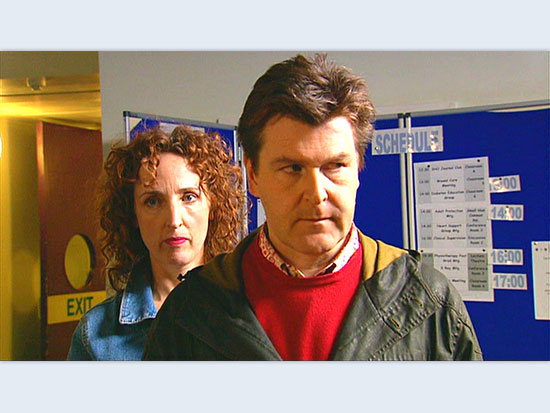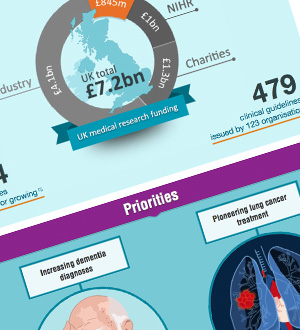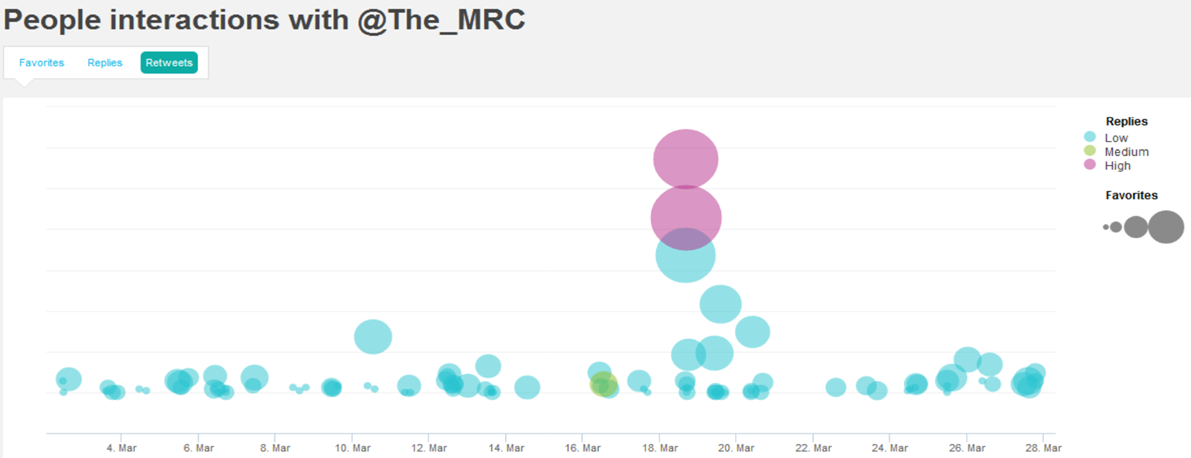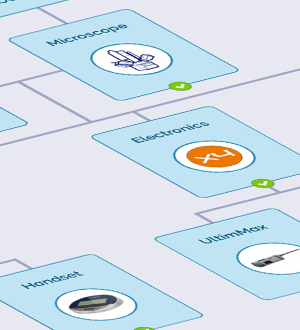Infusion Pump Learning Simulator
“Binary each time came up with creative solutions that more than met our objectives”
Jackie Briggs, AstraZeneca
Infusion Pump Learning Simulator
The ‘internet of things’ medical – dynamically integrating our video and digital simulator with real infusion pump systems.
The challenge
Train medical staff in using anaesthetic infusion systems without compromising patient safety.
What we did
We created ‘Target Controlled Infusion’, a powerful infusion pump training simulator, combining computer simulation, real operation footage, and optional hardware integration with a range of infusion systems. Supports both Dynamic Training and Simulated Assessment.
How it turned out
The simulator allowed for realistic training without the danger of learning on real patients.
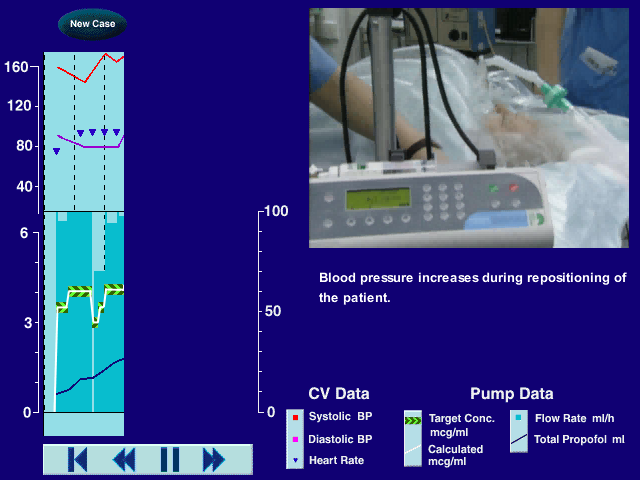
“From the start Binary impressed me by their commitment to firm deadlines and their promises to deliver to time, quality and budget. We faced a number of issues with regard to product approval and Binary each time came up with creative solutions that more than met our objectives.
The team I worked with at Binary Vision were dedicated, experts in their field and prepared to experiment with the very latest software in order to keep our site at the cutting edge.
I would recommend Binary Vision to anybody considering developing a web site.”
